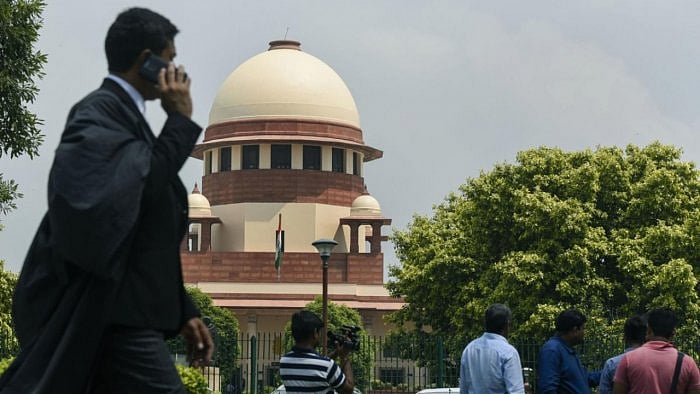What happened at the Bathinda military station in the wee hours of Wednesday is unbelievable. Four jawans who were sleeping in the barracks were killed by two men hiding their faces and wielding a gun and an axe. It is a matter of great relief that the two suspected killers have been arrested. Interrogation will reveal what motivated them to kill the innocent jawans while they were fast asleep. The police have already ruled out terror as a possible cause, and indicated that it was a case of fratricide. After all, there was no forced entry and no breach of security. The incident became more bizarre when a fifth jawan was found dead with bullet injuries, allegedly self-inflicted. At the time of writing, it is not known whether the alleged “suicide” had any connection with the dastardly killing of four a few hours earlier.
Whatever be the case, the incident does not show the military station in a good light. For instance, a gun and some rounds of ammunition were found missing from the armoury a few days earlier. In ordinary circumstances, this should have resulted in a thorough search of the station premises. Since not all jawans have access to the armoury, it should not have been difficult to identify all those who entered the room and subject them to a thorough search. In no case could the gun have been stolen by an outsider. All the details available in the public domain suggest that the killers were the ones who had stolen the weapon. They should not have been allowed to get away with the theft. This is certainly a failure of the command system in force at the station.
Army personnel function in a state of stress and tension, even in the best circumstances. Most of them are away from their families and a denial of leave can stir their passions to reach dangerous proportions. True, a good commanding officer would be able to detect the mood changes among the personnel under his command. Untreated depression and mental imbalance can lead to unpredictable behaviour. The Army should learn its lessons from Bathinda to ensure that no such incidents happen in future. Before that, responsibilities have to be fixed for the loss of five precious lives. Vigilance against anger and vendetta is as important as vigilance against the enemies across the border.
Philanthropist par excellence
In the death of Keshub Mahindra (99), chairman emeritus of Mahindra and Mahindra, the country has lost a great industrialist and philanthropist. The company was started by his father Kailash Chandra Mahindra and his uncle Jagdish Chandra Mahindra in partnership with Ghulam Muhammed. Named Mahindra and Muhammed, the company began with a steel factory at Ludhiana. When Partition occurred, Muhammed migrated to Pakistan where he became the finance minister and, later, governor-general. The company was renamed Mahindra and Mahindra. Under Keshub Mahindra’s leadership, it grew into one of the largest private sector companies with an impressive line-up of products that included cars, jeeps and armoured vehicles. He remained the chairman from 1963 to 2012 when his nephew Anand Mahindra succeeded him as CMD. It was a measure of the esteem in which the shareholders held him that he was retained for life as chairman emeritus.
Today, the company has nearly 200,000 employees with operations in several countries. A setback Mahindra suffered in life was when the courts found him guilty for his involvement in the Bhopal gas tragedy. He happened to be the non-executive chairman of the Union Carbide factory. The conviction pained him a lot, though it was the lapse of two men, which triggered the worst-ever industrial disaster. Be that as it may, for tens of thousands of poor children, especially girls, it was Mahindra who made their education possible. The foundations that he set up were liberal in supporting non-government organisations which provided education to poor children. They extended help in the form of paying their fees or providing money to construct school buildings. Even after his retirement, the company continued to honour his philanthropic promises. It is the poor students who will be mourning the death of Keshub Mahindra.










